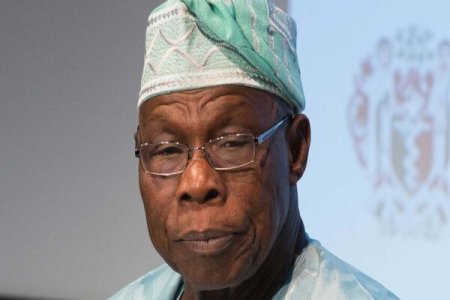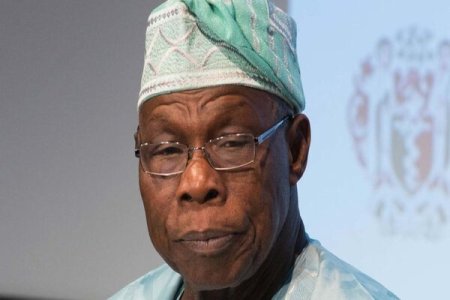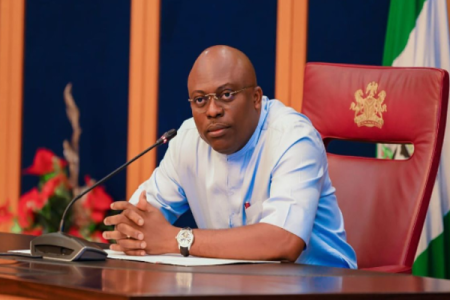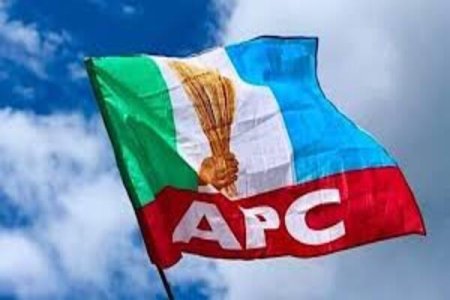
Former Nigerian President Olusegun Obasanjo has expressed concern over Nigeria’s escalating debt. Despite leaving $70 billion in reserves in 2007, the country's debt has risen significantly. Obasanjo's comments on economic mismanagement emphasize the need for responsible governance to secure Nigeria’s financial future and reduce its debt burden.
Former Nigerian President Olusegun Obasanjo has voiced concern over Nigeria's growing debt, despite the substantial financial reserves he left upon exiting office in 2007. In an interview with News Central Television’s Kayode Akintemi, Obasanjo highlighted the country’s significant debt burden, which has surged since his administration.
Obasanjo stated that, during his tenure from 1999 to 2007, he inherited a $36 billion debt but successfully negotiated debt relief, reducing the debt to approximately $3.5 billion. He also recounted that he left around $70 billion in Nigeria’s reserves. This amount included $45 billion in foreign reserves and an additional $25 billion in the “excess crude” account, which was intended to save earnings above the conservative oil price benchmark set in the national budget.
Reflecting on his administration's efforts, Obasanjo lamented that the funds he saved, alongside the revenue generated in subsequent years, have been exhausted, leaving the nation with even more debt than before his presidency began. The former leader criticized Nigeria’s current economic management and leadership, expressing disappointment at the depletion of the country’s resources.
Obasanjo’s remarks have reignited public discourse on fiscal policy, debt management, and the impact of leadership on Nigeria’s economic future. His concerns highlight the need for strategic governance to address Nigeria's escalating debt and ensure sustainable financial health for future generations.





